BioExcel Building Blocks modules
The BioExcel Building Blocks are divided in categories (biobb modules) depending on their functionalities and tools wrapped. Every module is available from an independent GitHub repository and has an associated BioConda package, Docker/Singularity container and readthedocs documentation pages.
The collection of building blocks and modules is growing. Examples of available modules are:
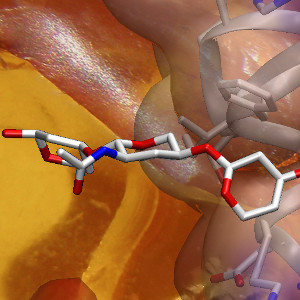
biobb_amber
biobb_amber is a BioBB category for AMBER MD package, allowing setup and simulation of atomistic MD simulations using AMBER MD package and its associated AMBER tools
Go to biobb_amber repositorybiobb_analysis
Biobb_analysis is the Biobb module collection to perform analysis of molecular dynamics simulations
Go to biobb_analysis repository

biobb_chemistry
Biobb_chemistry is the Biobb module collection to perform chemistry over molecular dynamics simulations.
Go to biobb_chemistry repositorybiobb_cmip
Biobb_cmip is the Biobb module collection to compute classical molecular interaction potentials.
Go to biobb_cmip repository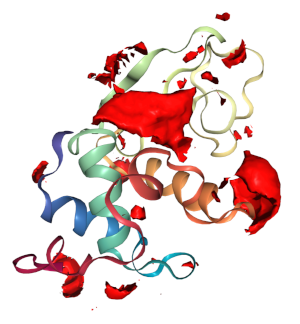

biobb_common
Biobb_common is the base package required to use all the biobb packages.
Go to biobb_common repositorybiobb_cp2k
Biobb_cp2k is a BioBB category for CP2K QM package, allowing setup and simulation of QM simulations using CP2K QM package
Go to biobb_cp2k repository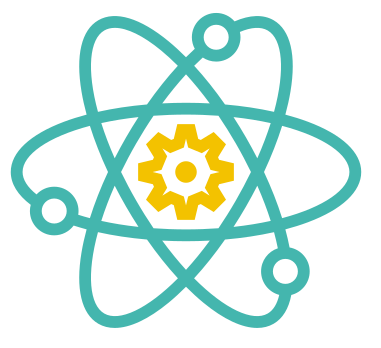

biobb_dna
Biobb_dna is a package composed of different analyses for nucleic acid trajectories
Go to biobb_dna repositorybiobb_flexdyn
Biobb_flexdyn is the Biobb module collection for studies on the conformational landscape of native proteins.
Go to biobb_flexdyn repository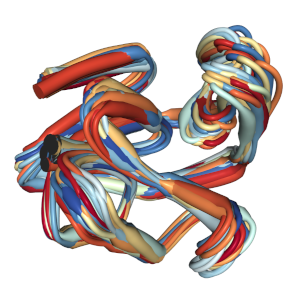
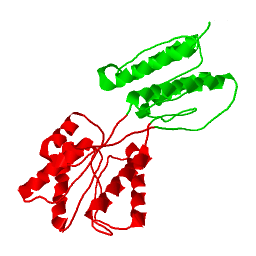
biobb_flexserv
Biobb_flexserv is a BioBB category for biomolecular flexibility studies on protein 3D structures.
Go to biobb_flexserv repositorybiobb_godmd
Biobb_godmd is the Biobb module collection to compute protein conformational transitions with the GOdMD method.
Go to biobb_godmd repository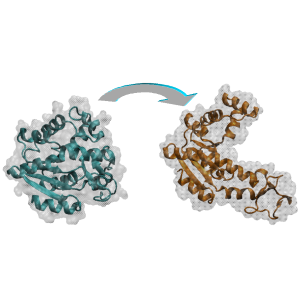
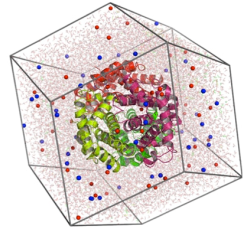
biobb_gromacs
Biobb_gromacs is the Biobb module collection to perform molecular dynamics simulations using the GROMACS MD suite.
Go to biobb_gromacs repositorybiobb_haddock
biobb_haddock is the Biobb module collection to compute information-driven flexible protein-protein docking
Go to biobb_haddock repository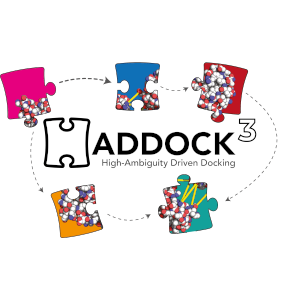

biobb_io
Biobb_io is the Biobb module collection to fetch data to be consumed by the rest of the Biobb building blocks.
Go to biobb_io repositorybiobb_md
Biobb_md is the Biobb module collection to perform molecular dynamics simulations. IMPORTANT: This package has been discontinued, superseeded by biobb_gromacs.
Go to biobb_md repository

biobb_mem
Biobb_mem is a BioBB category for membrane analysis and manipulation. It allows analysis of membrane properties and manipulation of membrane systems using tools like MDAnalysis and LiPyphilic.
Go to biobb_mem repositorybiobb_ml
Biobb_ml is the Biobb module collection to perform machine learning predictions. IMPORTANT: This package has been discontinued, superseeded by biobb_pytorch.
Go to biobb_ml repository

biobb_model
Biobb_model is the Biobb module collection to check and model 3d structures, create mutations or reconstruct missing atoms
Go to biobb_model repositorybiobb_pdb_tools
Biobb PDB Tools is a swiss army knife for manipulating and editing PDB files
Go to biobb_pdb_tools repository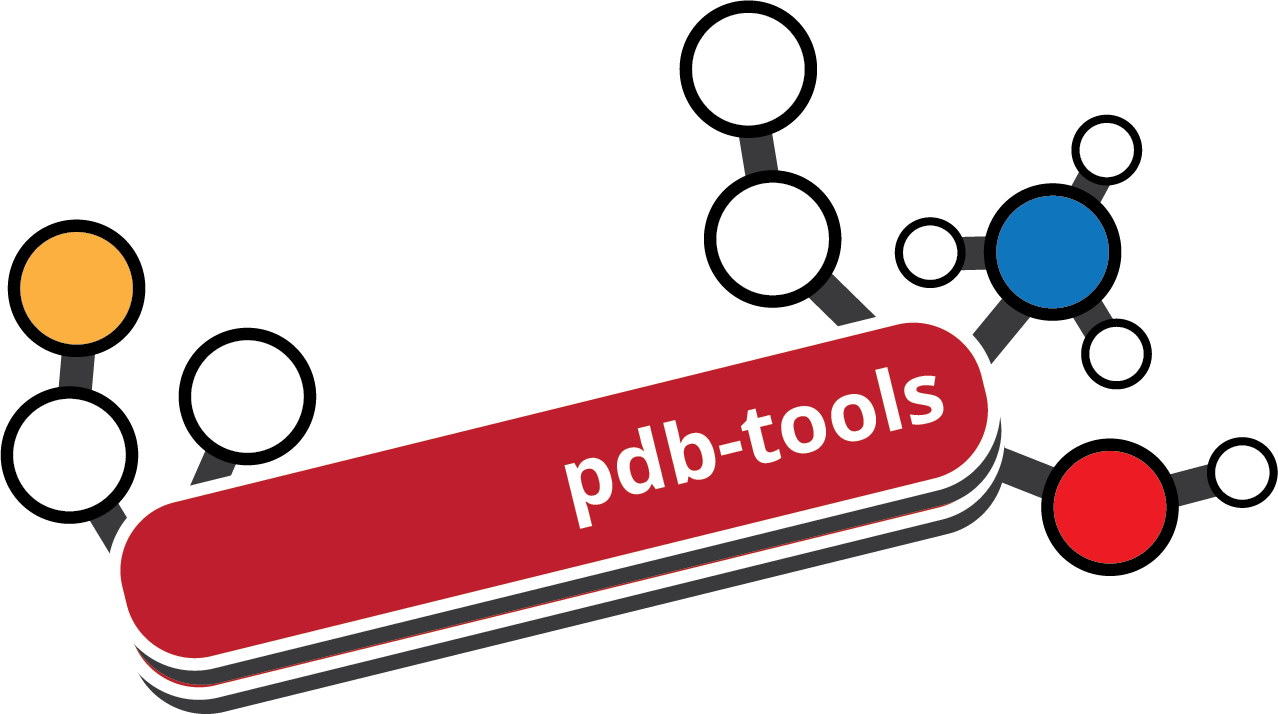

biobb_pmx
Biobb_pmx is the Biobb module collection to perform PMX executions
Go to biobb_pmx repositorybiobb_pytorch
Biobb_pytorch is a BioBB category for creating and training Machine Learning and Deep Learning models using PyTorch. It allows building, training, and evaluating Molecular Dynamics AutoEncoders (MDAE) and other PyTorch-based models for analyzing molecular dynamics trajectories.
Go to biobb_pytorch repository

biobb_structure_utils
Biobb_structure_utils is the Biobb module collection to modify or extract information from a PDB structure file.
Go to biobb_structure_utils repositorybiobb_vs
Biobb_vs is the Biobb module collection to perform virtual screening studies.
Go to biobb_vs repository
